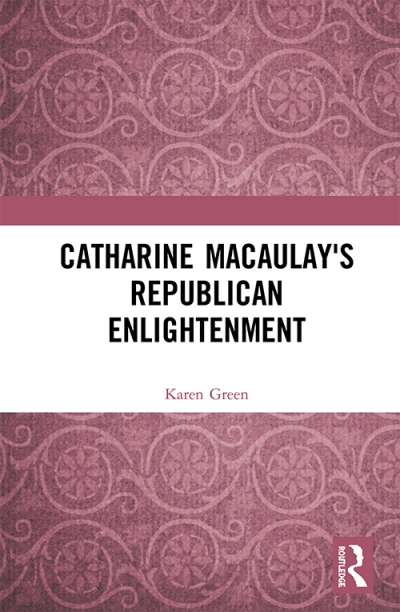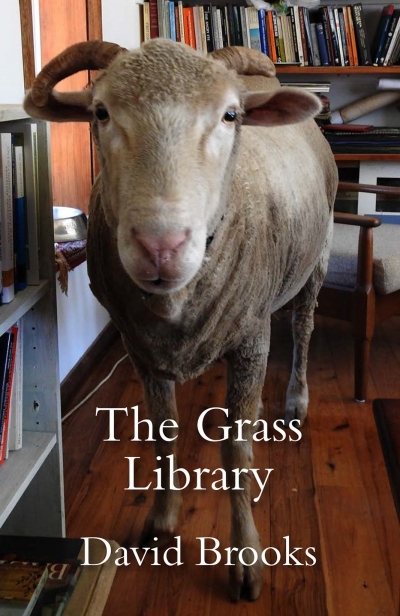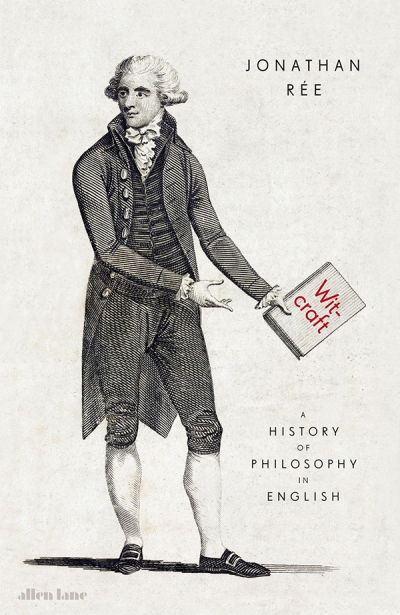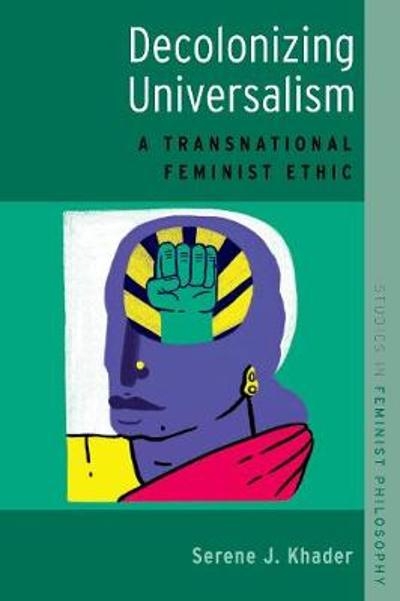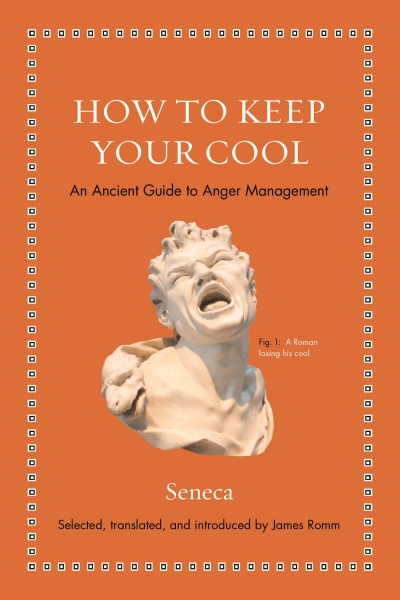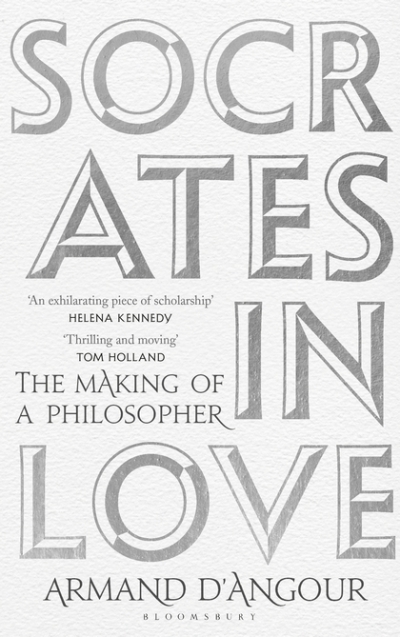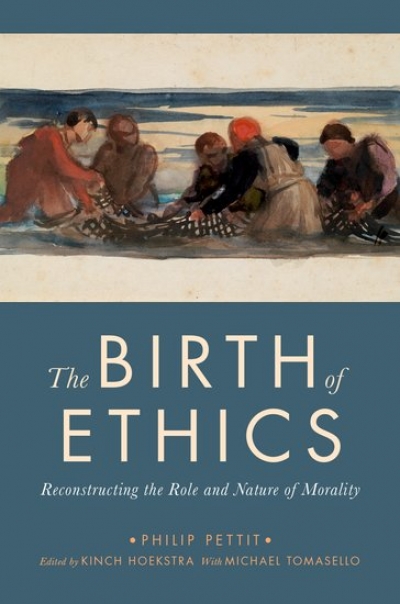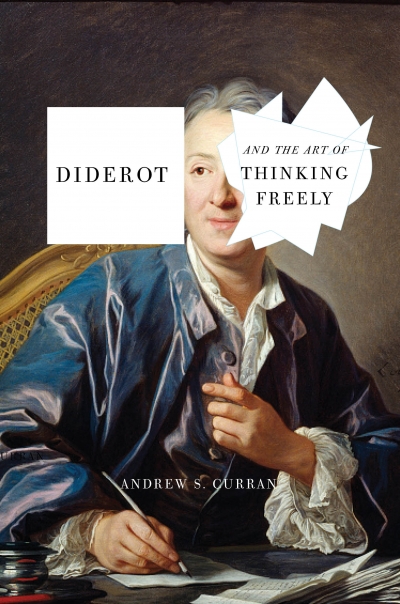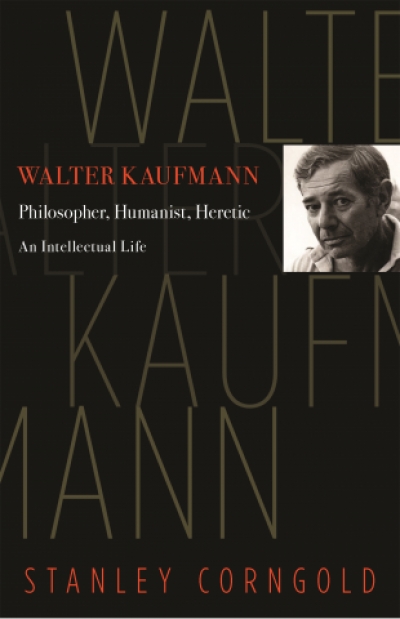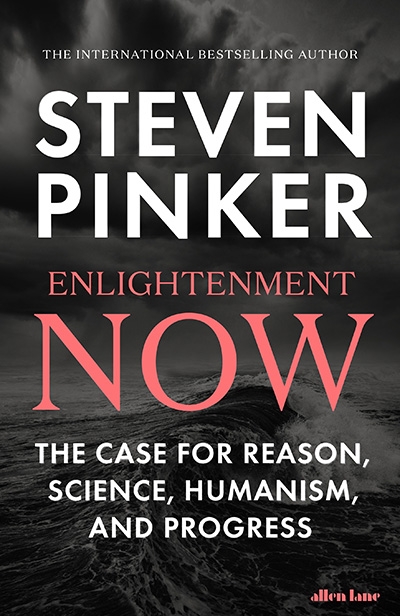Philosophy
Catharine Macaulay’s Republican Enlightenment by Karen Green
Catharine Macaulay (1731–91), a celebrated historian in England, was acquainted with leading political figures and intellectuals in Britain, America, and France. American revolutionaries were influenced by her republican principles, and the feminist pioneer Mary Wollstonecraft was inspired by her views. Today she is a largely forgotten figure, at most a footnote in histories of the period and not regarded as significant enough to be included in the Enlightenment pantheon among the luminaries she supported or criticised. Melbourne philosopher Karen Green claims that the neglect of Macaulay is not only an injustice to a historian and philosopher whose works deserve attention. She regards her as an important advocate of a form of Enlightenment thought that cannot be reduced to an apology for the possessive individualism of capitalist society.
... (read more)From the Man’s horse ‘blood[ied] from hip to shoulder’ in Banjo Paterson’s ‘The Man from Snowy River’ (1890) to the kangaroos drunkenly slaughtered in Kenneth Cook’s Wake in Fright (1961), non-human animals have not fared well in Australian literature. Even when, as in Ceridwen Dovey’s Only the Animals (2014), the author’s imagination is fully brought to bear on the inner lives of animals, their fate tends towards the Hobbesian – ‘solitary, poor, nasty, brutish, and short’ – reflecting back to us our own often unexamined cruelty. The rare exceptions, such as J.M. Coetzee’s Elizabeth Costello (2003), incorporating a fictionalised series of animal-rights lectures, serve only to point up the rule.
... (read more)Witcraft: The invention of philosophy in English by Jonathan Rée
Mary Ann Evans arrived in London from country Warwickshire in 1851 into an environment of intellectuals who believed in the progress of the human spirit through criticism of superstition and the application of science. Working first as a translator and critic, she became for a time the editor of the Westminster Review, a journal that had been turned by John Stuart Mill into a forum for philosophical radicals. Evans had plans to write a critique of the doctrine of immorality but her partner, George Lewes, who was famous for a work on the lives of philosophers, encouraged her to write fiction. She began with sketches of rural life using the name George Eliot.
... (read more)Decolonizing Universalism: A transnational feminist ethic by Serene J. Khader
In November 2001, the United States – along with Australia and its other allies – prepared to embark on the now notorious military operations in Afghanistan and Iraq. At the time, some effort was made to justify these actions to the American public. It fell to Laura Bush, the First Lady, to deliver the apparently feminist case ...
... (read more)How To Keep Your Cool: An ancient guide to anger management by Seneca, translated by James Romm & How To Be a Friend: An ancient guide to true friendship by by Marcus Tullius Cicero, translated by Philip Freeman
‘Serenity now,’ repeated Seinfeld’s Frank Costanza whenever his blood pressure got too high. His doctor recommended this anger-management technique, but he might as well have got it from Seneca, whose De Ira (Of Anger) James Romm has edited ...
... (read more)Socrates in Love: The making of a philosopher by Armand D’Angour
It may be tempting to think we already know Socrates, the Athenian philosopher whose most famous dictum remains that he was wise only insofar as he was aware of his own ignorance. Although Socrates never published anything of his own ...
... (read more)The Birth of Ethics: Reconstructing the role and nature of morality by Philip Pettit, edited by Kinch Hoekstra with Michael Tomasello
The Birth of Ethics is a remarkably ambitious and innovative work by one of Australia’s most eminent philosophers. It is the full-length statement of an argument originally set out in Philip Pettit’s 2015 Berkeley Tanner Lectures on Human Values. The aim of the book is to ‘offer an account of ethics …
... (read more)Andrew S. Curran recounts the only meeting between the two great philosophes Denis Diderot and Voltaire early in 1778 when Diderot, aged sixty-five, insulted Voltaire, then eighty-five, by averring that contemporary playwrights (including, by implication, the two of them) would not brush Shakespeare’s testicles if ...
... (read more)Walter Kaufmann: Philosopher, humanist, heretic by Stanley Corngold
My favourite image from Stanley Corngold’s Walter Kaufmann: Philosopher, humanist, heretic is set in Berlin as World War II concludes. Young Walter Kaufmann, a German Jew forced to flee the National Socialist regime to the United States, has returned to his native land as part of the occupying forces ...
... (read more)Enlightenment Now: The case for reason, science, humanism and progress by Steven Pinker
For a book announcing ‘the greatest story seldom told’ – that is, the triumph of the Enlightenment and its ‘stirring, inspiring, noble’ ideals – Steven Pinker’s ...
... (read more)
